Cancer discovery news
Our researchers are making the discoveries that defeat cancer. Read the latest findings from our world-leading research.
Visit our main news hub to read about news on new funding, our fundraising activities and much more. If you want to keep updated on our news, you can follow us on social media or sign up for our Search newsletter.
If you’re a journalist and want to find out more, you can contact our media relations team.

Taking on the challenge of treating sarcomas
In the UK, sarcoma diagnoses make up more than 1% of all cancer cases. But sarcomas are hard to understand and treat, and outcomes for patients with advanced disease remain poor – they are cancers of urgent unmet need. Sarcomas are a major focus for our scientists, who are forging new collaborations and opening up fresh avenues for research and treatment.

The ICR responds to NICE’s recommendation not to approve abiraterone as first-line treatment for advanced prostate cancer
The Institute of Cancer Research, London, is disappointed at the decision by NICE not to recommend abiraterone as a first-line NHS treatment for newly diagnosed, advanced prostate cancer.

Race equality: how the ICR is going beyond its statements, and taking real action
One year ago the ICR made commitments to tackling racial inequality in our organisation and beyond. To mark the anniversary, Gege Li spoke to some of the people involved in our progress to date and discussed the challenges ahead.

The gift of giving: how your generosity can lead to change
Lara Jukes is the Director of Development at The Institute of Cancer Research, London. As we thank generous donors to our Spring fundraising appeal, she reflects on why giving is an integral part of our culture and how much of a difference it can make to those who need it most.
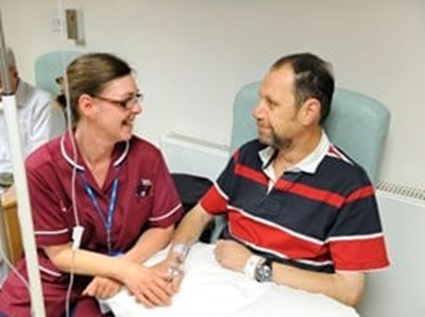
New drug combination attacks prostate cancer on two fronts to keep men healthy for longer
Men with particularly aggressive prostate cancers can be treated more effectively by combining an existing targeted medicine, abiraterone, with a new experimental drug to block two of cancer’s growth signals at once, a major new trial shows.

canSAR: The AI ‘knowledgebase’ revolutionising cancer drug discovery
Since its release in 2011, canSAR has become the largest, public, cancer drug discovery resource in the world. On the 10-year anniversary of canSAR we take a look at how it’s shaping the future of drug discovery.
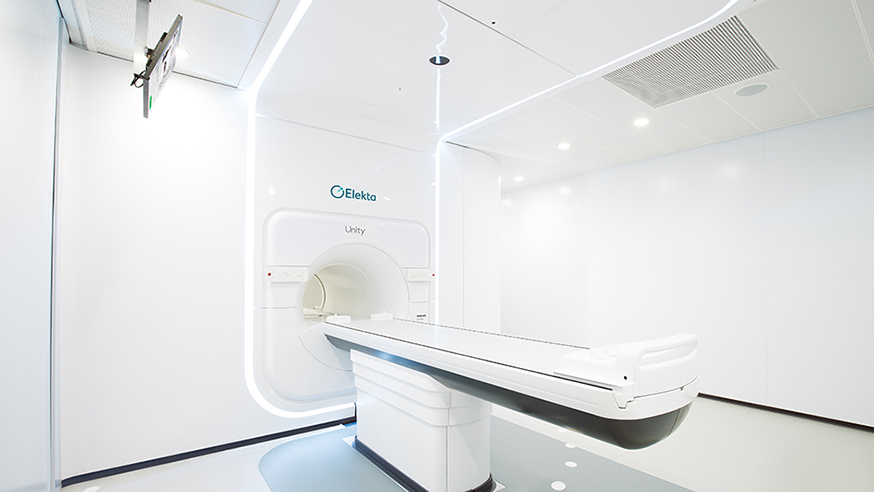
MRI images reconstructed by artificial intelligence could accelerate and better guide radiotherapy
An artificial intelligence (AI) that reconstructs MRI images of moving tumours can do so in seconds, offering a significant improvement on current methods to optimise radiotherapy treatment in the clinic.
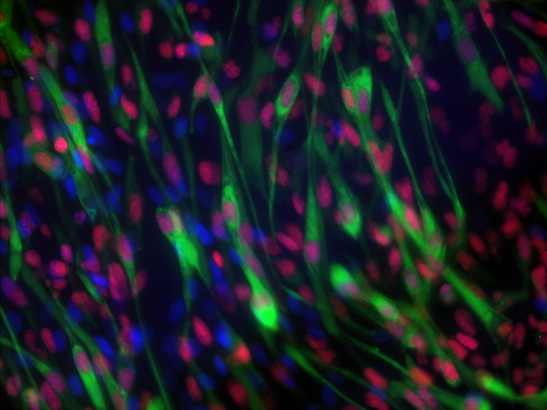
Genetic discovery could help guide treatment for aggressive childhood cancer
A new study could lead to improved decision making in assigning treatments for children with the aggressive cancer rhabdomyosarcoma after revealing key genetic changes underlying development of the disease.
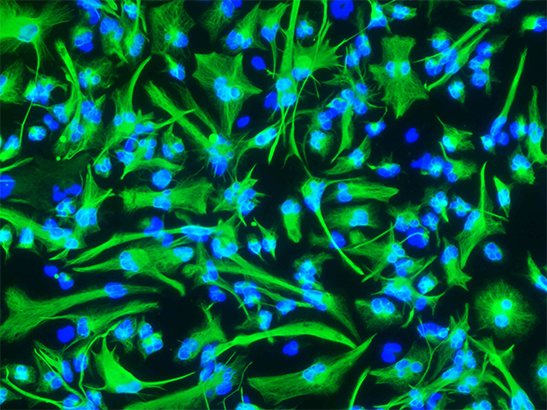
ASCO 2021: Early promise for first targeted brain cancer treatment
A new drug could become the first ever targeted brain cancer treatment, with encouraging early results from a phase 1 trial suggesting it could treat some patients with advanced disease.
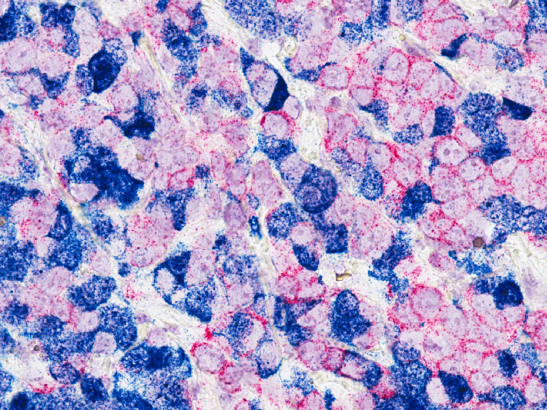
New drug class could treat range of cancers with faulty BRCA genes
Scientists have identified a new class of targeted cancer drugs that offer the potential to treat patients whose tumours have faulty copies of the BRCA cancer genes.

Leading ICR scientists recognised by the Royal College of Radiologists
Professor Nick James and Professor Emma Hall were recognised for their contributions to radiology and oncology by the Royal College of Radiologists in a virtual admission ceremony today.

ICR researchers reveal how they are tackling rare cancers at virtual Discovery Club event
For our latest Discovery Club, members met virtually with some of our leading scientists, who are using cutting-edge methods to assess and treat rare cancers such as sarcoma and other cancers of unmet need. During the evening, guests learned more about how they helping to find new treatment options for these patients who desperately need them - and why philanthropic support is so vital.